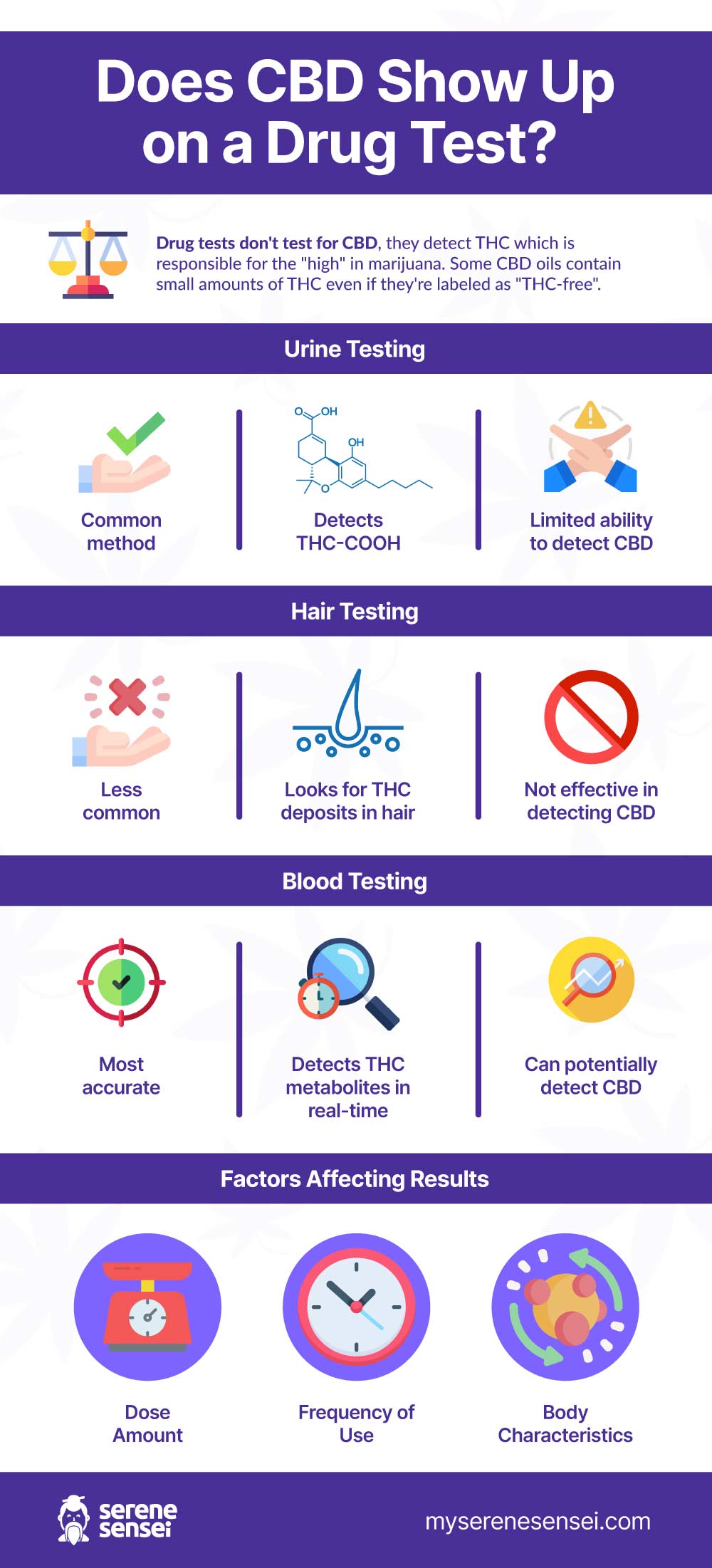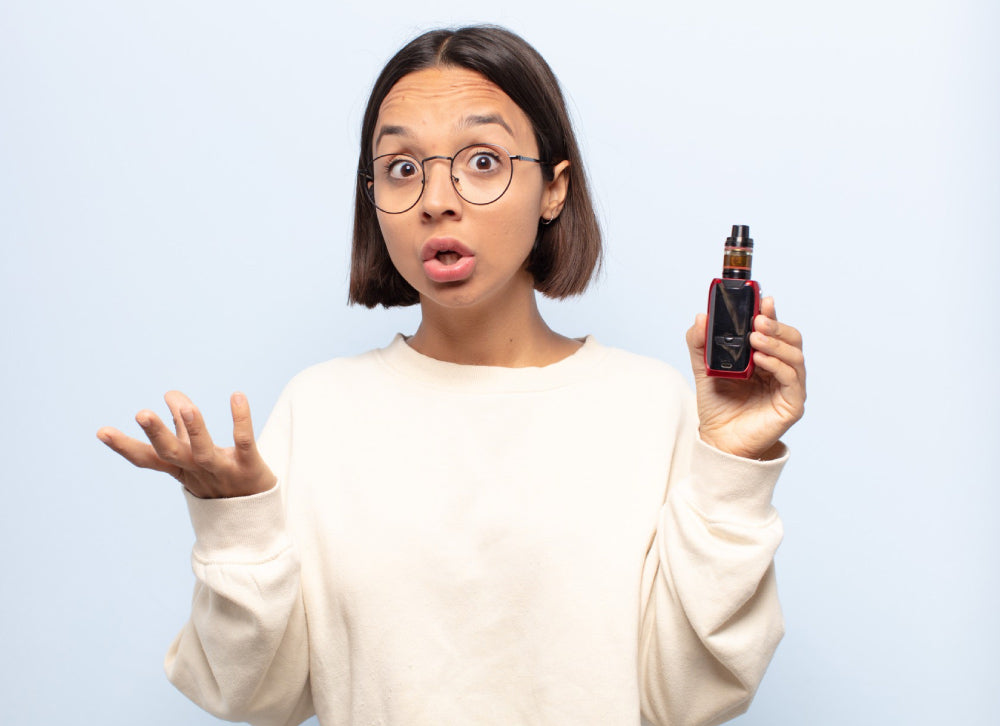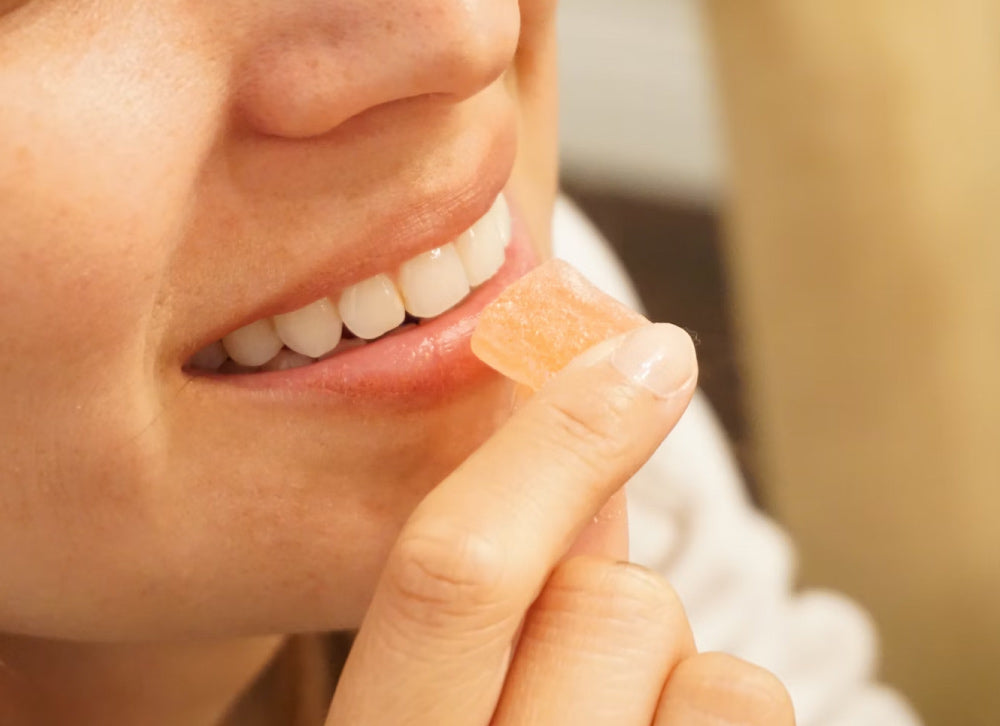Cannabidiol, or CBD, has become increasingly popular in the health and wellness space. As an alternative to traditional pharmaceuticals, many people have turned to CBD for its potential therapeutic benefits. But with this newfound popularity comes questions such as, "Does CBD show up on a drug test?" This is an important question to consider, as the answer can have legal implications. To understand the answer, one must look at both the scientific and legal considerations of CBD use. In this article, we will explore the complex issue of CBD and drug tests so that you can make informed decisions.
What is CBD?
CBD, otherwise known as cannabidiol, is the second most abundant active compound found in cannabis (marijuana). Although it's a fundamental part of medical marijuana, it is extracted from hemp plants - which are closely related to marijuana - or produced synthetically. Unlike some other components present in marijuana that induce a "high," this particular ingredient doesn't cause any psychoactive effects when consumed on its own. CBD works by interacting with endocannabinoid receptors in our bodies, which helps regulate various physical and psychological functions.
Differences Between CBD and THC
Before we can answer the question of whether or not CBD shows up on a drug test, it is important to understand the difference between CBD and its close relative: THC (tetrahydrocannabinol). THC is the main psychoactive compound found in marijuana that produces the feeling of being "high." Unlike CBD, which does not produce any psychoactive effects, THC is the primary culprit for positive drug test results.
Various Forms Of CBD And How They Are Consumed
CBD comes in many forms and is consumed in a variety of ways. Some of these include:
Oral Consumption: CBD oil, tinctures, edibles, capsules, and even beverages are all administered orally and metabolized by the digestive system.
Topical Application: Topical creams and ointments can be applied directly to the skin and absorbed into the body with minimal absorption into the bloodstream.
Inhalation: Vaporizers and inhalers are used to inhale CBD, which is then quickly absorbed into the bloodstream through the lungs.
Is CBD a Drug?
Despite CBD's legal status as an FDA-approved prescription drug, you may still find it marketed and labeled as a dietary supplement. It is important to remember that its addition to food or supplements is strictly prohibited; the only way to use this compound legally is through "cosmetic" products.
How Drug Tests Work
In this section, we will explain how drug tests work to determine the presence of THC.
Types Of Drug Tests
Drug tests are conducted by looking for certain biomarkers, also known as metabolites, in the body's fluids or tissue samples. The most common type is a urinalysis test, which looks for the presence of THC-COOH (11-nor-9-Carboxy-delta-9-tetrahydrocannabinol). This is a metabolite of THC that is produced in the body after consumption.
During an oral fluid test, the test administrator will collect a saliva sample from the individual being tested. This sample is then sent to a laboratory for analysis, which looks for drugs such as cannabis in the subject's system. Hair follicle tests are less common and look for traces of THC deposits that have built up in the hair over time.
Another common drug test is a blood test, which looks for metabolites of THC in the bloodstream. Blood tests are considered to be the most accurate type of drug test as they provide a real-time indication of drug use.
What Drug Tests Look For
Drug tests look for the presence of THC and its metabolites in the body. They don't typically look for CBD, as it doesn't produce any psychoactive effects and is not usually identified as an illegal substance. However, if the subject tested has been taking large amounts of CBD oil or other products containing high levels of CBD, there is a possibility that the test may detect trace amounts in their system.
How Long Drugs Can Remain In The Body
The amount of time that CBD can stay in a person's system ranges from hours to almost one month, depending on the dosage and the form it is taken in. Its half-life, or how long it takes for the body to eliminate one-half of a substance, averages around 1 hour but can last up to 5 days. Generally speaking, most drugs are excreted after 4 or 5 half-lives have elapsed.
For those who utilize CBD sprays and drops, its effects tend to last 1 - 11 hours, while daily use can extend the half-life of your experience up to 2 - 5 days. Interestingly enough, when smoked, the average half-life of CBD is 32 hours!

Does CBD Show Up On a Drug Test?
So does CBD show up on a drug test? This section will discuss this question in detail.
Can CBD Trigger A Positive Result On A Drug Test?
No. Drug tests do not measure CBD; rather, they detect traces of tetrahydrocannabinol (THC), the compound in marijuana that generates a high. It is noteworthy to remember that even if labeled as "THC-free," some CBD oils may contain small amounts of THC.
If you are worried about the amount of THC in your CBD products, it is important to select wisely. Here's a brief overview:
- Full-spectrum CBD: Full-spectrum CBD products contain all the naturally occurring compounds in hemp and marijuana plants, including trace amounts of THC (less than 0.3%).
- Broad-spectrum CBD: These products contain several compounds from the hemp plant, including CBD, but no THC.
- CBD isolate: CBD isolate is the purest form of CBD, containing no other plant compounds.
If you're keen on using full-spectrum CBD, opt for hemp-derived ones. Hemp-sourced options are always guaranteed to contain less than 0.3 percent THC - something that is legally mandated across all states.

Factors That Can Influence The Outcome Of A Drug Test
Various factors can affect the outcome of a drug test. They include:
1. Food
Food can affect how quickly and completely a drug is absorbed by the body. After ingestion, CBD is metabolized differently and reaches peak levels in the blood at a slower rate than when taken on an empty stomach. Furthermore, it takes longer for its concentration to be eliminated from the body if consumed with food as opposed to fasting states. When individuals abstain from eating for periods of time, their body works more quickly and efficiently to rid itself of this compound.
2. Dosage
The concentration of CBD in your product and the amount taken per dose can influence how long it takes for the drug to be metabolized and eliminated from the body. Generally, lower doses tend to leave the system faster than higher doses.
3. Frequency Of Use
How often a person uses CBD will also affect how long it can remain in the system. The more frequently a person uses CBD, the longer it will stay in their system as their body builds up traces of it over time.
4. Your Body
Everyone processes drugs differently due to genetic and lifestyle differences. Factors like an individual's weight, sex, age, metabolism, diet, and overall health can influence how quickly a drug is absorbed and eliminated from the body.
5. Type Of CBD Consumption
The method of administration also impacts the length of time it takes for a drug to be metabolized and eliminated from the body. CBD can be ingested, inhaled, or applied topically as creams and salves. Generally speaking, ingested forms of CBD take longer for the body to process than inhaled or topical forms.
Legality of CBD and Drug Testing
Now that we've discussed the technicalities of how CBD can show up on a drug test, we must address its legal implications:
Current Laws And Regulations Regarding CBD And Drug Testing
Cannabidiol (CBD) is legal in the U.S., D.C., Virgin Islands, and Puerto Rico, but only if it's sourced from hemp plants with a THC concentration of no more than 0.3%. With law enforcement placing such stringent regulations on CBD production and sale, users can feel secure relying on these products for their holistic needs without worrying about legal repercussions.
How Employers Handle Drug Testing For Employees Who Use CBD Products (CBD And Employer Drug Testing)
Employers must educate their personnel about CBD products and be aware of the controlled substances laws in their area, as many CBD items do not have enough THC to cause a positive drug test result. Unfortunately, since there is no official regulation on U.S.-based CBD offerings, employers can't guarantee that the THC levels will remain low in these products. When dealing with any possible scenarios of an employee testing positive for drugs due to consuming legal forms of cannabidiol (CBD), businesses should approach each case individually while consulting with their attorney prior to revising existing company policies involving substance use.
Frequently Asked Questions
Do CBD gummy bears show up on a drug test?
No, CBD gummy bears should not cause a false positive on a drug test as most of them are made with hemp-derived CBD oil, which contains less than 0.3% THC.

How long is CBD detectable in urine?
The amount of time CBD is detectable in urine depends on the frequency and amounts being used. Generally speaking, CBD can appear on a urine test within three days up to two weeks after the last intake.
Does CBD show up on drug tests (Army)?
Navigating this can be a bit tricky, but, in short, the answer is no - CBD itself will not appear on drug tests. The DOD and Service-level policies prohibit Service members from eating and using products made or derived from hemp, including CBD, no matter the claimed or actual THC levels. This policy is necessary to ensure military readiness while securing the reliability and integrity of the drug testing program.
Can 0.3 THC show up in a drug test?
For THC to be detected in a THC or CBD drug test, the amount of THC in the sample must be above a certain cutoff level. Usually, this is set at 50 ng/mL or 0.5 ng/mL for most drug tests.
How long does CBD stay in your system?
As stated earlier, the amount of time CBD stays in your system depends on several factors, such as body fat percentage, metabolism rate, and dosage. It can last up to two weeks in your system.
Conclusion
This article has provided an overview of how CBD can affect a drug test, as well as the factors that can influence the outcome. We have also discussed the legal implications and how employers should handle potential scenarios in which an employee tests positive for drugs due to consuming legal forms of cannabidiol (CBD). Ultimately, it is important to understand that even though CBD is legal in many states, it may still lead to positive drug test results if taken in sufficient doses. Therefore, it is important for individuals to know what products they are consuming, as well as their body's individual sensitivities when experimenting with different forms of cannabidiol.
With the proper precautions and understanding, individuals can responsibly use CBD products to their benefit without worrying about any legal or medical complications.
Need Premium CBD Products?
Get more premium CBD products online on Serene Sensei. From CBD tinctures and CBD roll-ons to CBD for pets, all our products are third-party tested and made in the USA. Check out our products on our menu or contact our support team for any questions you may have.


